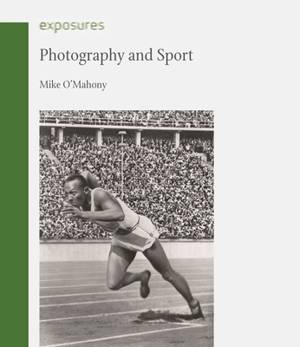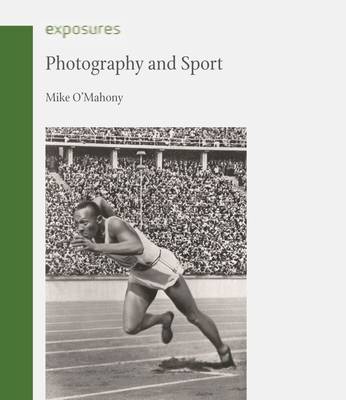
- Afhalen na 1 uur in een winkel met voorraad
- Gratis thuislevering in België vanaf € 30
- Ruim aanbod met 7 miljoen producten
- Afhalen na 1 uur in een winkel met voorraad
- Gratis thuislevering in België vanaf € 30
- Ruim aanbod met 7 miljoen producten
Zoeken
Omschrijving
From the inception of the Daguerreotype in 1839, photography has been widely deployed to document sports as an important social activity. In the earliest days, these photos took the form of staged genre scenes and portraiture, but as technical capabilities developed, new vistas of visual possibilities opened up, and photography was increasingly used to explore the high-speed movement of bodies in action. The sporting photograph has emerged as a significant genre within image-making, establishing new forms in the development of its own aesthetic. Running the gamut of this action-infused genre, Photography and Sport incorporates the work of a wide range of photographers, from the canonical to the anonymous. Whether preserved in faded sepia, rich black and white, or glorious Kodachrome, photography's encounters with sports--the stylistic choices made, the acceptance or rejection of visual conventions, and how these photographs encapsulate the various ways we have regarded and watched sports throughout history--have significant stories to tell. In exploring these images, we come to understand the crucial role photography has played not only in preserving sports history, but in shaping the very ways we see today.
Specificaties
Betrokkenen
- Auteur(s):
- Uitgeverij:
Inhoud
- Aantal bladzijden:
- 176
- Taal:
- Engels
- Reeks:
Eigenschappen
- Productcode (EAN):
- 9781780239941
- Verschijningsdatum:
- 15/12/2018
- Uitvoering:
- Paperback
- Formaat:
- Trade paperback (VS)
- Afmetingen:
- 193 mm x 218 mm
- Gewicht:
- 680 g

Alleen bij Standaard Boekhandel
+ 62 punten op je klantenkaart van Standaard Boekhandel
Beoordelingen
We publiceren alleen reviews die voldoen aan de voorwaarden voor reviews. Bekijk onze voorwaarden voor reviews.











